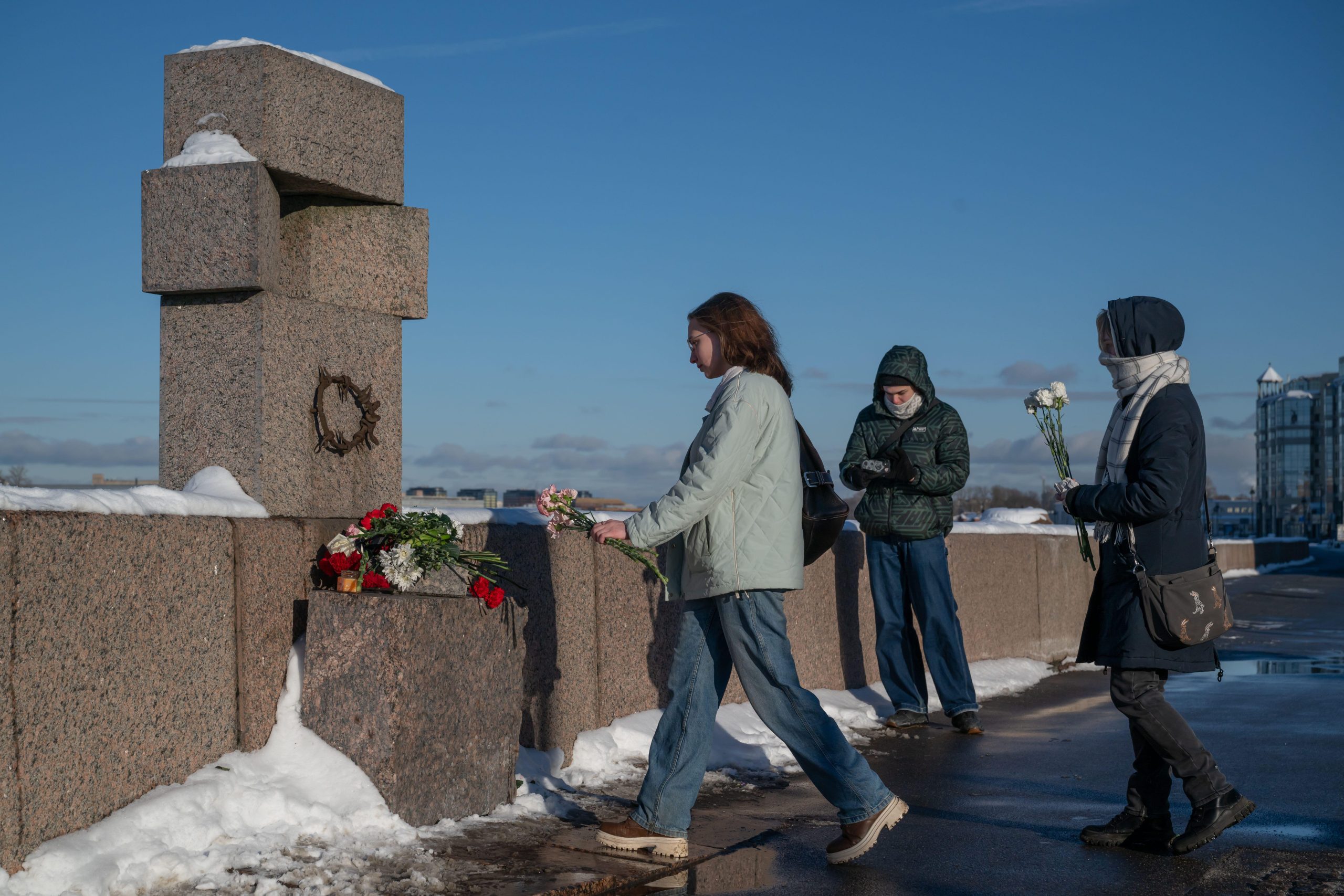The first weeks of January have been marked with a number of public moves, which opposition activists say are aimed at smearing them.
Russian general prosecutor Yuri Chaika has alleged that participants of two historically large rallies for new, fair parliamentary elections in December were financed by foreigners “for dishonorable aims”.
“Some individuals using people as an instrument for achieving their political goals, which are indeed dishonorable, is intolerable. And money for this comes from sources outside Russia,” Chaika said in an interview to state-owned daily Rossiyskaya Gazeta.
A journalist interviewing Chaika said that the protesters “had insulted the authorities” and asked whether they would be punished, prompting the general prosecutor to stress that defamation decriminalisation “doesn’t mean permissiveness and the lack of responsibility for slander and insult”. The punishment is still “quite sensible financially”, Chaika warned.
Novaya Gazeta has asked Yuri Chaika to provide documents proving his allegations, along with explanations of what Russian legislation had been violated.
Chaika’s allegations go in line with the Kremlin tendency to claim that opposition leaders and activists critical of Kremlin are financed “by the West in order to destabilise the situation in Russia”. Soon after the first rally on 10 December prime-minister Vladimir Putin said the protesters had been paid to attend the rally. Many joked about the allegation at the second rally on 24 December, as they held posters with “Hillary Clinton paid us in kind”, “Where’s the money, State Department?”, and “I’m here for free”. Similar allegations were made against Russia’s leading election monitor — GOLOS Association by the state-owned NTV channel, days before parliamentary elections.
Chaika’s interview was preceded by a scandal involving the publication of a fake photo of Alexey Navalny, one of the opposition leaders. Pro-Kremlin youth movements in Ekaterinburg circulated a newspaper entitled “Arguments and Facts. Ural Digest” with a photo of Navalny with disgraced Russian oligarch Boris Berezovsky. The caption said Navalny “had never concealed” that he had received financial backing from the oligarch. The issue also said that Vladimir Putin’s United People’s Front — an organisation initiated to broaden United Russia’s electorate — contributed to it. Both the newspaper’s head and editor-in-chief claimed they didn’t release the issue, and denied any role in creating it. More controversial statements came from the United People’s Front members, but nobody can be sure who is responsible for the issue.
Alexei Navalny proved the photo was doctored by publishing the real image in his blog, where he is pictured with Russian tycoon and presidential candidate Mikhail Prokhorov. “What an entertaining job it must be to cut one oligarch and pasting in another” – Navalny wrote ironically in his blog.
Just like Putin’s allegations, the fake photo was used as a joke by tens of thousands of people participating in protest rallies against alleged fraud on elections. Many of them further photomontaged the photo, replacing Berezovsky with Putin, Stalin, aliens and even Harry Potter’s nemesis Lord Voldemort. Protestors agreed that Kremlin’s traditional allegations against its critics can no longer be taken seriously.





